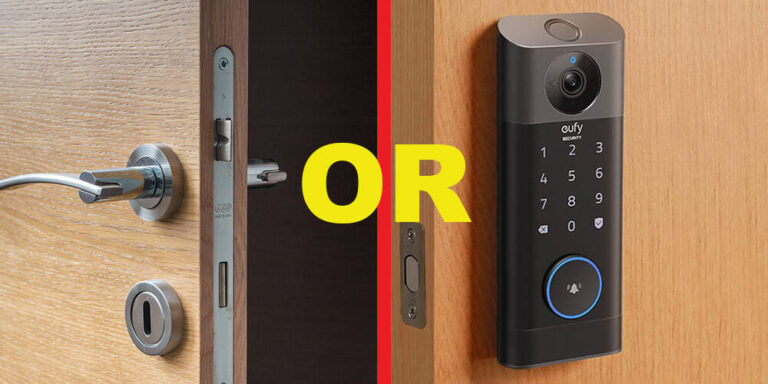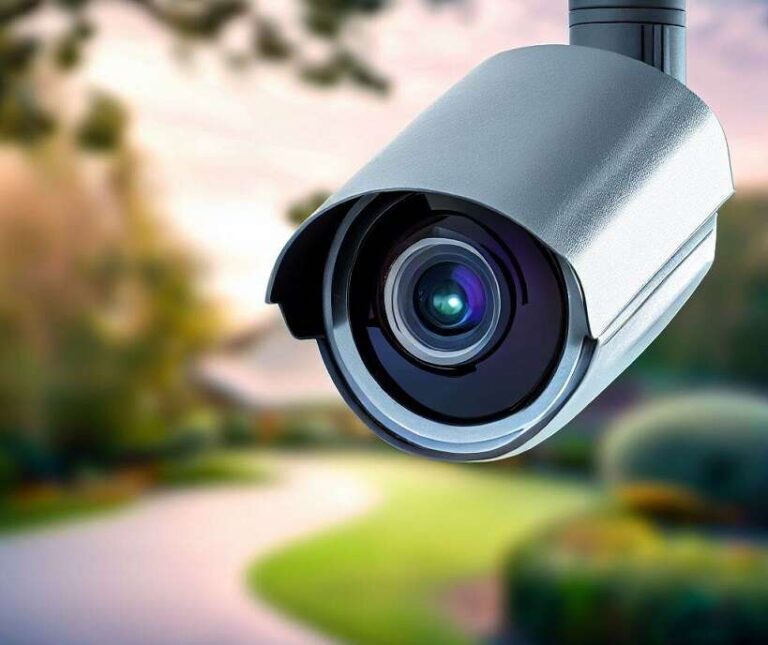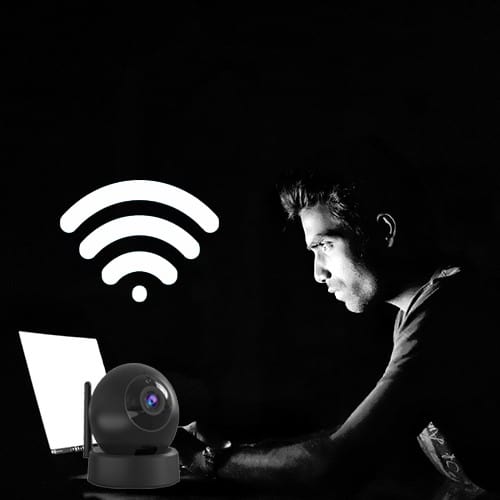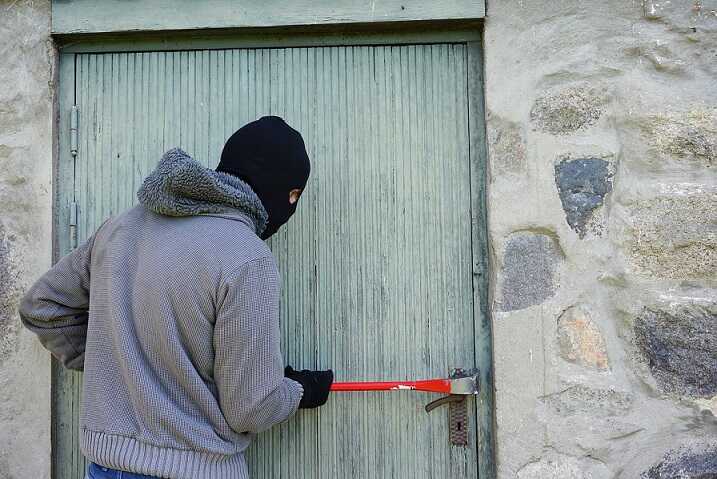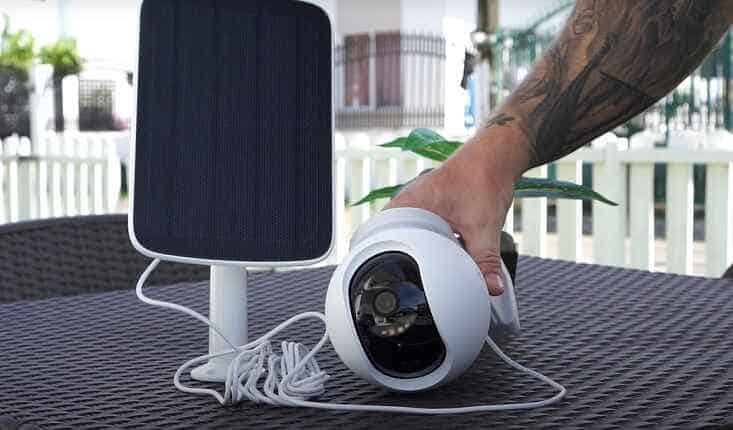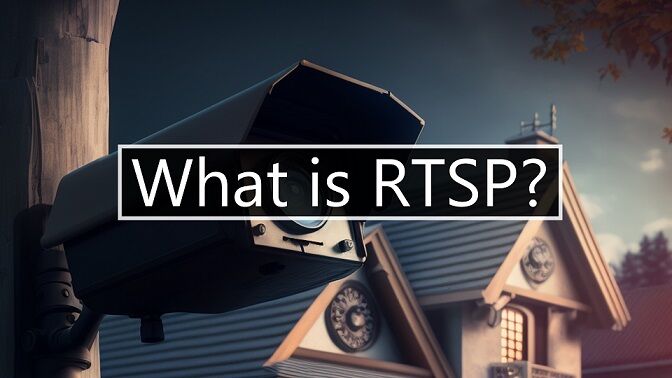The Role of Security Cameras in Crime Prevention
In today’s rapidly evolving world, ensuring the safety and security of our homes, businesses, and public spaces has become more crucial than ever. Security cameras play a significant role in crime prevention by acting as vigilant guardians, deterring potential criminals, aiding in investigations, and providing valuable evidence.
This article explores the importance and benefits of security cameras in deterring crime and enhancing public safety.
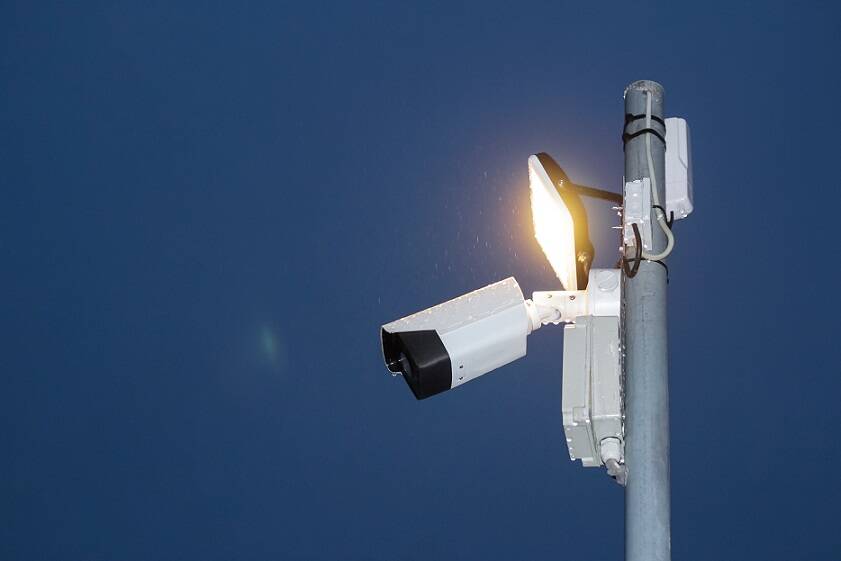
Deterrence Factor of Security Cameras
One of the primary advantages of security cameras is their deterrent effect on potential criminals. The presence of visible cameras serves as a powerful psychological deterrent, as individuals are less likely to engage in criminal activities when they know they are being monitored. By installing security cameras in prominent locations, such as entrances, parking lots, and public spaces, the risk of crime can be significantly reduced.
Surveillance and Monitoring
Security cameras provide continuous surveillance and monitoring, enabling authorities and property owners to keep a watchful eye on their surroundings. Through live feeds and recorded footage, security personnel can promptly detect suspicious activities, identify potential threats, and respond accordingly. This proactive approach allows for a swift response, minimizing the chances of criminal acts and increasing overall safety.
Crime Investigation and Evidence
In the unfortunate event of a crime occurring, security cameras become invaluable tools for investigations. The captured video footage serves as tangible evidence that can be used to identify perpetrators, determine the sequence of events, and provide crucial insights into the nature of the crime. This evidence greatly aids law enforcement agencies, increasing the chances of successful investigations and convictions.
Security Camera Systems for Different Settings
Security camera systems can be tailored to suit various settings and requirements. For residential areas, a combination of outdoor cameras and video doorbells provides comprehensive coverage, allowing homeowners to monitor their property and deter potential burglars. In commercial spaces, such as offices, retail stores, and warehouses, a network of cameras can be strategically placed to ensure maximum visibility and protection against theft, vandalism, and unauthorized access.
Privacy Concerns and Ethical Considerations
While the benefits of security cameras are undeniable, it is important to address privacy concerns and ethical considerations. Striking a balance between public safety and individual privacy is crucial. Implementing strict guidelines regarding camera placement, access to footage, and data protection ensures that security cameras are used responsibly and within legal boundaries.
Integration with Other Security Measures
Security cameras are most effective when integrated with other security measures. Combining them with access control systems, alarms, motion sensors, and security personnel strengthens the overall security infrastructure. This comprehensive approach creates multiple layers of protection, making it increasingly challenging for criminals to breach security barriers.
Cost and Implementation
The cost of security camera systems varies depending on the complexity, scale, and features required. While high-quality cameras and advanced technology may come at a higher price, the investment is justified considering the potential losses and damages prevented. It is essential to choose reputable suppliers and professional installation services to ensure optimal performance and reliability.
The Future of Security Cameras
As technology continues to advance, the future of security cameras looks promising. Artificial intelligence and machine learning algorithms are being integrated into camera systems, enabling intelligent video analytics, enhanced facial recognition capabilities, and automated threat detection. These advancements will further improve the effectiveness of security cameras in crime prevention.
Moreover, the integration of security cameras with other smart devices and systems is becoming more prevalent. For instance, cameras can be linked with alarm systems, motion sensors, and even mobile devices, providing real-time notifications and alerts. This seamless connectivity ensures that individuals can stay informed and take immediate action in case of any suspicious activities.
In addition to traditional surveillance cameras, new forms of security cameras are emerging, such as body-worn cameras for law enforcement officers and drones equipped with cameras for aerial surveillance. These innovations expand the reach and versatility of security monitoring, allowing for more efficient crime prevention strategies.
However, with the increasing ubiquity of security cameras, privacy concerns have also surfaced. It is crucial for governing bodies, organizations, and individuals to establish clear policies and guidelines for camera usage, data storage, and access. Transparency and accountability are essential to ensure that the benefits of security cameras are not overshadowed by privacy infringements.
In conclusion, security cameras play a vital role in crime prevention by acting as powerful deterrents, providing continuous surveillance and monitoring, aiding in investigations, and offering valuable evidence. Their effectiveness is further amplified when integrated with other security measures. While addressing privacy concerns is important, the benefits of security cameras in enhancing public safety cannot be denied.
FAQs
1. Can security cameras completely eliminate crime?
While security cameras are effective tools in crime prevention, they cannot completely eliminate crime. However, their presence significantly reduces the likelihood of criminal activities and assists in identifying and prosecuting offenders.
2. Are security cameras only useful for businesses and public spaces?
No, security cameras are valuable for both residential and commercial settings. They help protect homes, deter burglars, and provide homeowners with peace of mind. Additionally, they are essential in monitoring commercial premises, preventing theft, and ensuring the safety of employees and customers.
3. How long is video footage typically stored on security cameras?
The storage duration of video footage depends on various factors, including the storage capacity of the system, the settings chosen by the user, and the specific legal requirements in the given jurisdiction. Generally, footage can be stored for a few days to several months.
4. Can security cameras be hacked?
While no system is entirely immune to hacking, proper security measures can greatly reduce the risk. It is essential to choose reputable brands, keep firmware up to date, use strong passwords, and encrypt video transmissions to minimize the chances of unauthorized access.
5. Do security cameras require professional installation?
The complexity of installation varies depending on the system’s features and the location. Some security cameras can be easily set up by individuals, while others may require professional installation to ensure optimal placement, connectivity, and functionality.

